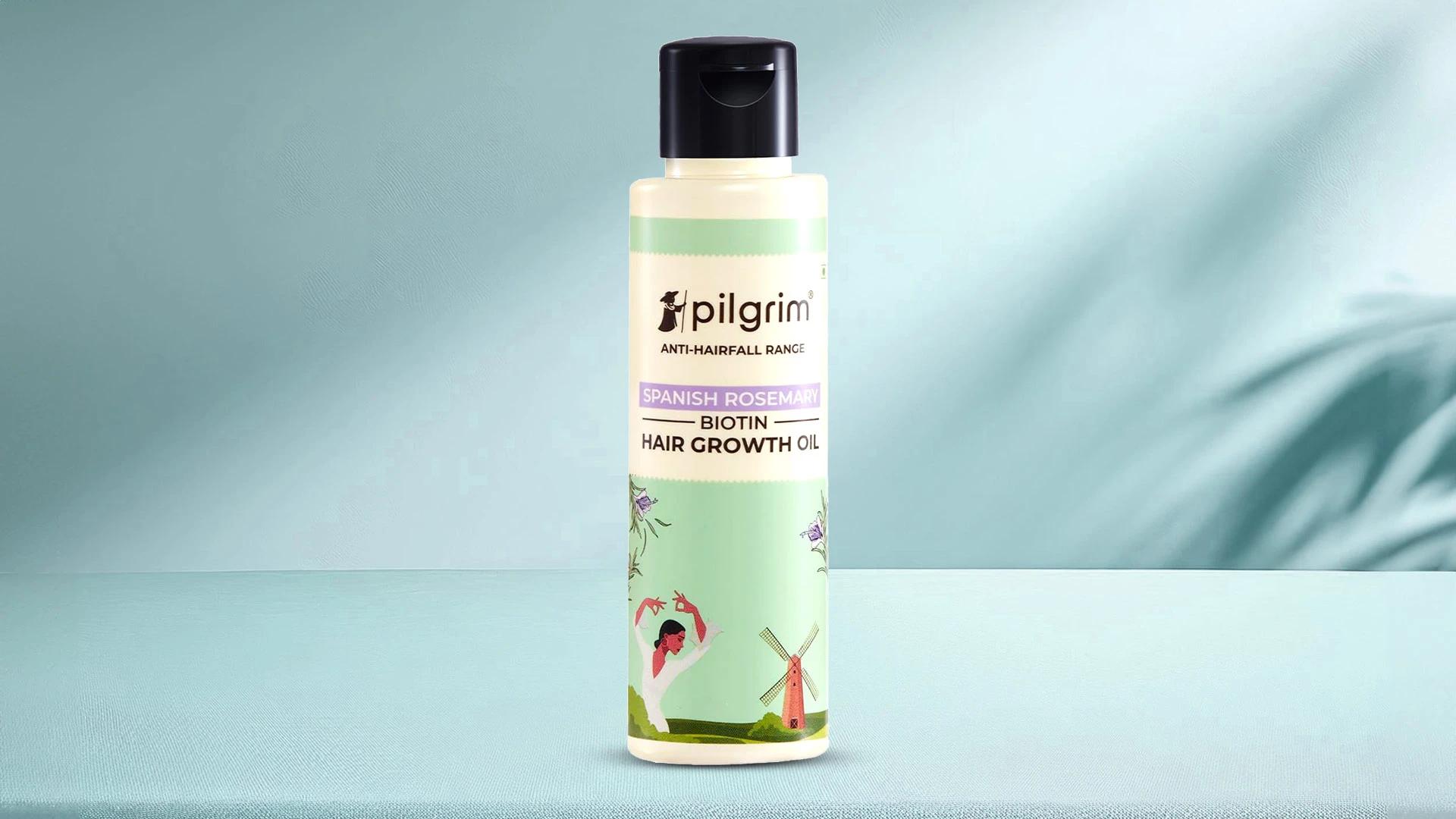When to Seek Medical Advice
Consult a doctor if you're experiencing sudden hair loss, have thyroid issues, or are pregnant or breastfeeding. These conditions can affect how your body processes certain vitamins and minerals.
Potential Interactions with Medications
Some vitamins can interfere with blood thinners, thyroid medications, or other prescriptions. Iron supplements, for example, can affect the absorption of certain antibiotics.
Step 7: Start with the Right Dosage
More isn't always better when it comes to vitamins and minerals. Some nutrients can actually be harmful in large doses, while others might just be a waste of money if your body can't absorb them. Starting with recommended amounts and monitoring how your body responds is the safest approach.
Understanding Recommended Daily Allowances (RDAs)
RDAs are the amounts most people need to avoid deficiency. However, some hair supplements contain much higher doses, which might be beneficial for certain individuals but isn't necessary for everyone.
Risks of Overconsumption
Too much biotin can interfere with lab tests, while excess iron can cause stomach upset. Fat-soluble vitamins like A and E can accumulate in your body and cause toxicity if taken in large amounts over time.
Frequently Asked Questions
Here are the questions we get asked most about hair loss prevention vitamins and supplements.
How long does it take to see results from hair growth vitamins?
Most people start noticing changes in hair texture and strength around 6-8 weeks, but visible length and thickness improvements typically take 3-6 months. Hair grows slowly, so patience is key with any nutrient-rich hair care approach.
Can I take multiple hair supplements together?
It's possible to overdo it with certain vitamins and minerals. Stick to one comprehensive multivitamin rather than stacking multiple products, unless advised otherwise by a healthcare professional.
Are natural hair growth boosters as effective as synthetic vitamins?
Both natural and synthetic forms can be effective. What matters more is the bioavailability—how well your body can absorb and use the nutrients. Some natural forms are better absorbed, while others work just as well in synthetic form.
How do hair strengthening supplements work?
These supplements provide the building blocks your hair follicles need to produce strong, healthy hair. They work from the inside out, nourishing the root of your hair where new growth begins.
Key Takeaways
Choosing the right multivitamin for hair growth doesn't have to be overwhelming when you break it down step by step. Start by understanding your hair's specific needs, then look for supplements with the right combination of biotin, B vitamins, and other essential nutrients. Consider your lifestyle, dietary restrictions, and always prioritise quality over flashy marketing claims. Remember, consistency is more important than perfection—the best supplement is the one you'll actually take every day. Give your hair the nutrition it deserves, and you might just discover your next favourite addition to your haircare routine.

 210 gm
210 gm 60 Tablet
60 Tablet Capsules
Capsules 30 Tablets
30 Tablets